Store some stem cells for a rainy day.
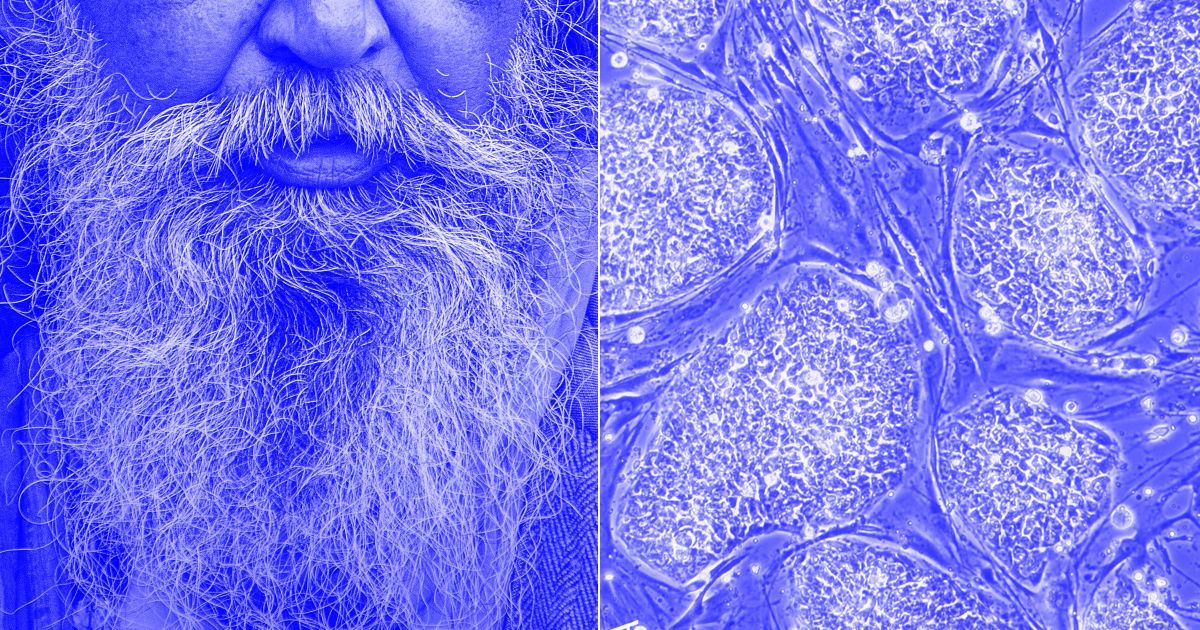


Thought experiments can be really useful tools to better understand the implications of abstract ideas—especially ideas that are accepted at face value as self-evident truths. In some cases, they resemble proofs by contradiction in that they allow us to see that, if said ideas were true, they would end up clashing with other ideas accepted as non-negotiable principles. What we’re going to try today is something like that.
Crossing into another dimension
Every long-standing rejuvenation advocate has had to put up with people claiming that aging is a good thing on the questionable grounds that it may help to prevent overpopulation, cultural stagnation, the rise of “immortal” dictators, getting bored of far too long lives, and so on. (I was even told by a friend of mine—a truly stalwart advocate who’s anything but afraid of bringing the topic up whenever he gets the chance—that a man once briskly dismissed rejuvenation nonchalantly by saying, “Come on, a little bit of death is all right.” It’s hard not to wonder if he’d think the same if the people close to him were dying.)
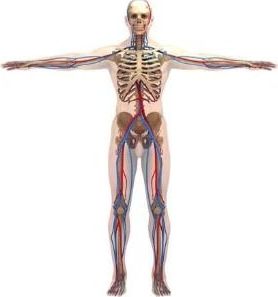
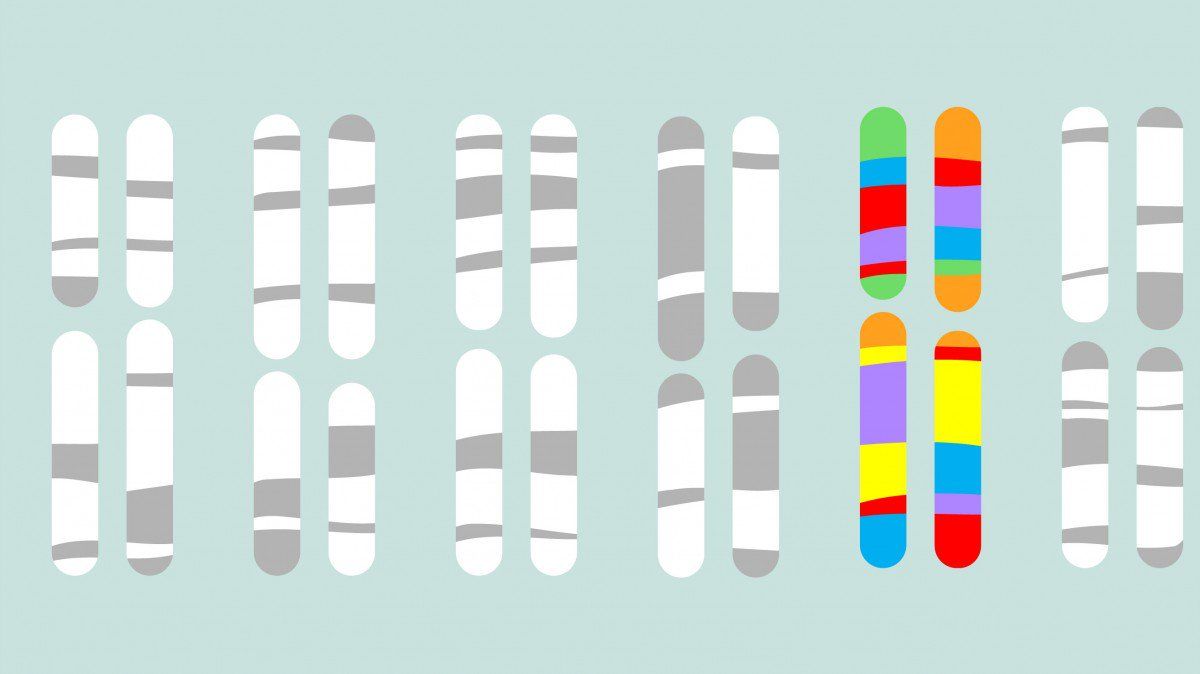
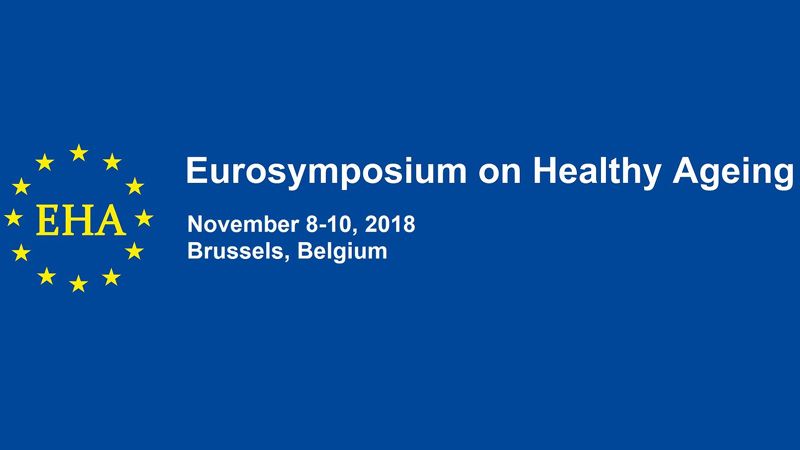
Thoughts on the Eurosymposium on Healthy Ageing held by Heales in Brussels.
When I first learned about the possibility of achieving human rejuvenation through biotechnological means, little did I know that this would lead me to meet many of the central figures in the field during a conference some seven years later—let alone that I would be speaking at the very same event. Yet, I’ve had the privilege to attend the Fourth Eurosymposium on Healthy Ageing (EHA) held in Brussels on November 8–10, an experience that gave me a feel of just how real the prospect of human rejuvenation is.
A friendly, welcoming environment
As EHA was the first conference I’ve ever attended, I didn’t quite know what to expect; given that researchers, activists, and investors from all around the world were invited, I had imagined it would probably be a posh, formal event with violins playing on the background and people in suits and formal dresses discussing topics beyond my comprehension while enjoying champagne. Thankfully, the atmosphere was much more relaxed and informal, elegant but not intimidating, which favored the interaction among participants regardless of their backgrounds—though, alas, the topics discussed were indeed mostly beyond my comprehension, as they involved high-level biochemistry with which I’m nowhere near sufficiently familiar (yet).
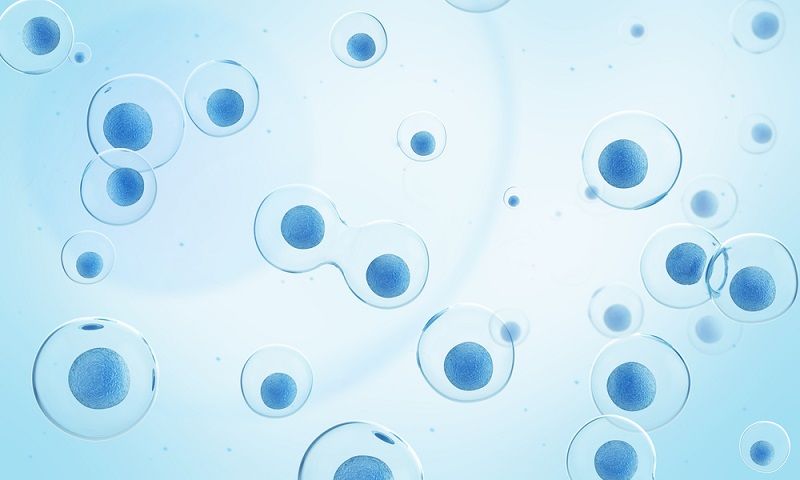
A new study takes a look at the relationship between metabolism, aging, and type 2 diabetes and in particular the mTORC1 protein complex, part of the mTOR pathway.
The mTOR pathway
The mechanistic target of rapamycin (mTOR) pathway is a major part of metabolism and is one of four major pathways that control it; collectively, the four pathways are part of deregulated nutrient sensing, which is one of the aging processes.
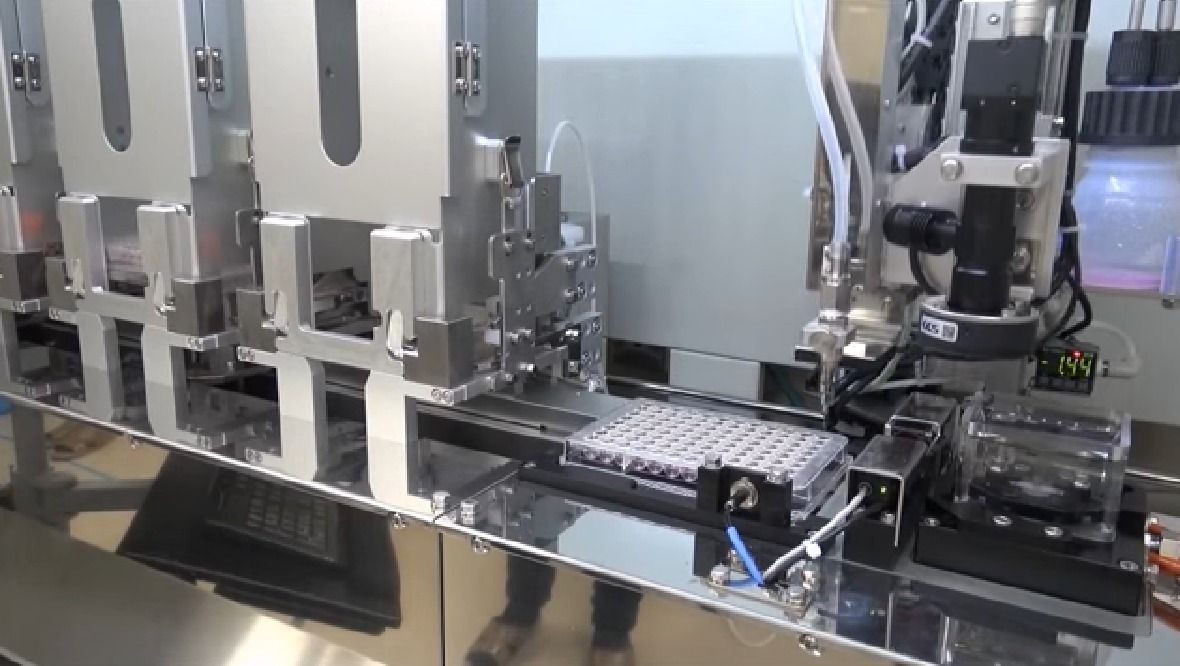
After successfully transplanting the first 3D-printed cornea in an animal, North Carolina company Precise Bio has recently announced the launch of a dedicated business for creating marketable, 3D-printed products for human eyes. Founded by scientists from the Wake Forest Institute of Regenerative Medicine, this company is developing bio-fabrication printers that can restore cells, tissues, and organs. Their proprietary technology, a 4D bio-printing platform, is said to resolve existing limitations presented by other bioprinters to enable more complex tissues to be engineered for transplants and treatments. By focusing on developing marketable products for the eye, the company aims to achieve rapid advancement in its field and move to overhaul the whole organ transplant system.
When a cornea is damaged by disease or injury, a replacement is often needed to restore vision. Transplant surgery using donated corneas is an available solution, however, it relies on a deceased donor. While the waiting list in the United States is nearly non-existent, other countries require longer wait times, some over a year, before one is available. The Eye Bank Association of America estimates that around 10 million people suffer from corneal blindness that could potentially be restored via transplant surgery. An artificially manufactured cornea would overcome supply limitations while also contributing to the knowledge base to develop more complex organs such as hearts and livers.

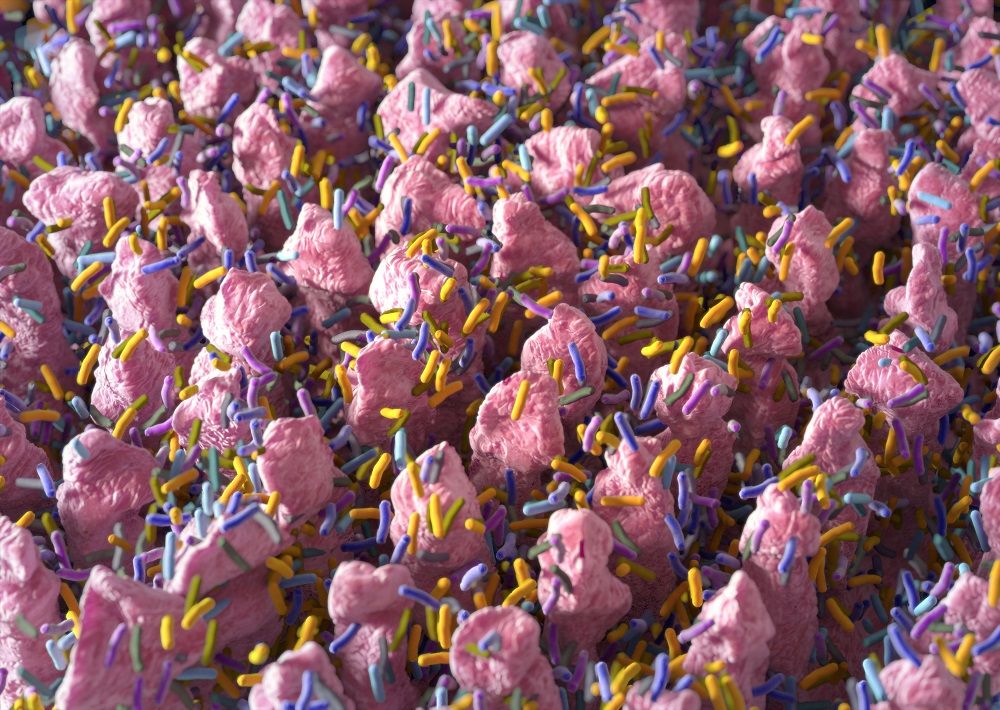
Researchers from the Kapahi Lab at the Buck Institute for Research on Aging have shown in a new study that increased intestinal permeability is caused by the age-related loss of epithelial cells that form the gut membrane [1].
As we age, the integrity of the gut membrane declines, and it becomes more permeable; this is known as “leaky gut” and is thought to contribute to the background of low-grade chronic inflammation known as inflammaging [2]. One emerging theory is that loss of gut membrane integrity is the origin of inflammaging, the place where age-related chronic inflammation begins. Inflammaging precedes many age-related diseases, including atherosclerosis, arthritis, hypertension, and cancer [3–5].
The new study suggests that caloric restriction, or caloric restriction mimetics, may help to prevent the increase of gut permeability in humans and has the potential to increase healthspan, which is the period of life we spend free from illness.
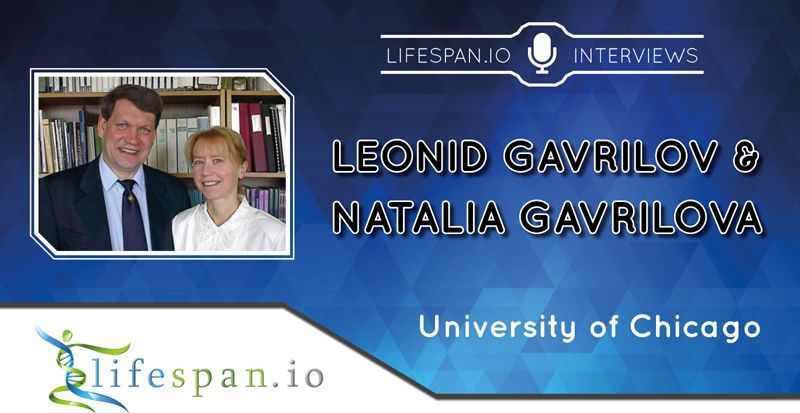
An interview with Drs. Leonid Gavrilov and Natalia Gavrilova on the demography of life extension.
Many people are concerned that vastly extended healthy lifespan might lead us to catastrophic overpopulation, and the best way to mitigate this fear is probably to talk to an experienced demographer. To learn more about this and other interesting questions related to life extension, we spoke to Drs. Leonid Gavrilov and Natalia Gavrilova, respectively Principal Investigator and Research Associate at the Center on Aging in Chicago University. Both of them have specialized in the biodemography of aging and longevity and possess nearly endless resumes.
Natalia and Leonid, your field of expertise is the biodemography of aging and longevity. What drew you to this field of research?
This is a scientific approach using demographic data and methods to get insights into the biological mechanisms of aging and longevity. We came to this research area because it allows us to obtain new interesting and meaningful scientific findings despite very limited funding.